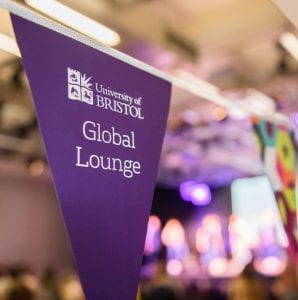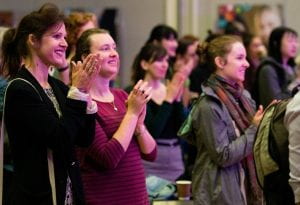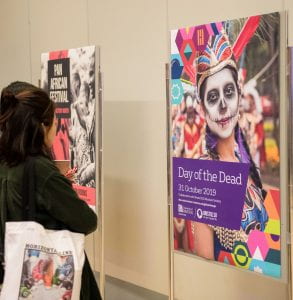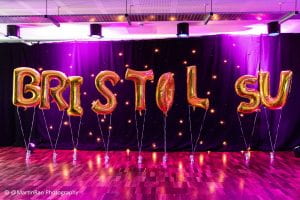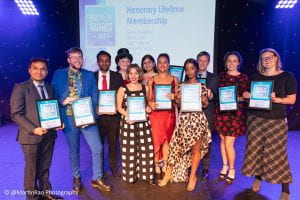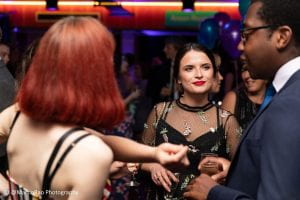By Professor Judith Squires and Lucy Collins, Director of Home Recruitment and Conversion
Inclusivity and diversity are central to the University’s mission: the ambition to be a University fully integrated into the communities we serve was a central pillar of the 2016 University Strategy, as was the aim to be a ‘destination of choice’ for students from all backgrounds. In the last four years, thanks to support from colleagues across the University, real progress has been made. While there’s still a great deal more to do, we should be proud of what we’ve achieved and reflect on the benefits of a socially diverse student community.
How far have we come?
End of cycle data indicates that our 2020-21 first-year intake will be our most diverse yet. 74% of them come from state schools, up from 65% in 2016-17. In the last year, we have increased our proportion of students from low participation neighbourhoods, the local area, mature learners and those from Black, Asian and Minority Ethnic backgrounds. We have also tackled the challenge of reducing the gap between the most socio-economically advantaged (POLAR 5) and the least (POLAR 1) – more than halving the difference since 2016.
This progress matters. It matters in terms of meeting our widening participation targets with the Office for Students (OfS), but more importantly, it matters because we are now recruiting brilliant students who previously may not previously have studied with us.
How have we got here?
Bristol has always strived to be a socially diverse institution, but what’s driven our recent progress in in this space?
I think the answer lies in our determination to be more radical. To recognise that the structural disadvantage students from under-represented groups face requires structural change. To see that it’s not enough to hope that students who attend schools and colleges with low progression rates to higher education, from neighbourhoods where university was not the norm, who have caring responsibilities or faced a disrupted education, would simply find their way to us and meet the terms of our standard offers. Rather than expecting students to assimilate to us, we needed to disrupt our own admissions process.
We started with Bristol Scholars. Launched in 2016-17, Bristol Scholars took a radical new approach to widening access. It aimed to capture the talent we knew existed in our locality, demonstrate the University’s commitment to Bristol’s schools and colleges and provide alternative entry routes into our programmes to those who would otherwise be excluded due to our high entry requirements.
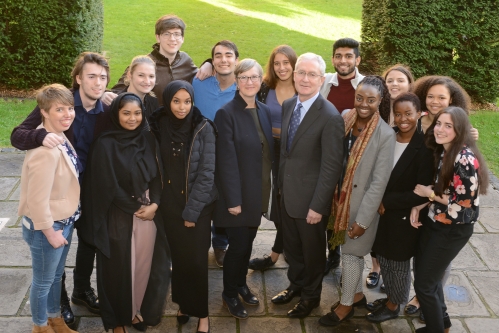
At the heart of the Bristol Scholars scheme was a determination to move beyond traditional methods of identifying talent to reach those with potential. The scheme recognised the impact of educational and domestic disadvantage on students’ predicted grades and invested Headteachers and Directors of Post-16 with the power to identify those students who would benefit most. Abandoning our standard approach to admissions, Bristol Scholars received tailored offers of up to four grades below the typical offer, with additional support provided in Year 13 and into their first year of university.
Our Bristol Scholars are a diverse group. Of the 2019 intake, 85% live in POLAR 1 or 2 neighbourhoods, 91% attended a state school or college and 33% were part of the Free School Meals cohort. Many have experienced profound educational and domestic challenges – some have recently arrived in the country as refugees, others have been victims of crime, acted as young carers, or experienced significant mental and physical health issues. All have lived up to the potential identified by their nominees.
Our first cohort, the class of 2020, secured impressive results. Despite having entered the University with grades well below our standard entry requirements, outcomes were nonetheless strong. With a continuation rate of 90%, 18% graduated with a first, 55% with a 2:1 and 27% with a 2:2.
There was no template for the Bristol Scholar’s scheme, no evidence base from which we could predict the success, or otherwise, of the programme. We launched with a belief that a radical new approach was needed to widening access, that we would commit to the programme and learn lessons.
This continues to be our approach. Recognising the critical role that admissions play in diversifying our student community, we have extended our contextual offer scheme and launched a guarantee offer for students on our targeted outreach schemes (reaching almost 2,000 a year). We have committed to raising more than £1million for a new range of scholarships which will support around 130 Black and mixed-Black heritage students over the next four years at undergraduate and postgraduate level, and are developing a range of flexible entry routes.
Finally, our ambition extends beyond our own student body and into the community of which we are a part. Through the Venturers Trust, we now sponsor nine schools within the City of Bristol, a mixture of primary, secondary, sixth form and specialist provision. All these schools serve highly diverse communities, many with very high levels of socio-economic disadvantage. We play an active role on the Board of the Trust as well as providing Governors in all schools, ensuring the best possible outcomes for all students.
Building on our progress
The last four years have shown that bold thinking, a desire to challenge orthodoxy and a commitment to structural change, can lead to a more diverse student community. With the help of colleagues from across the University, we look forward to attracting even more brilliant students from under-represented groups in the years ahead.

